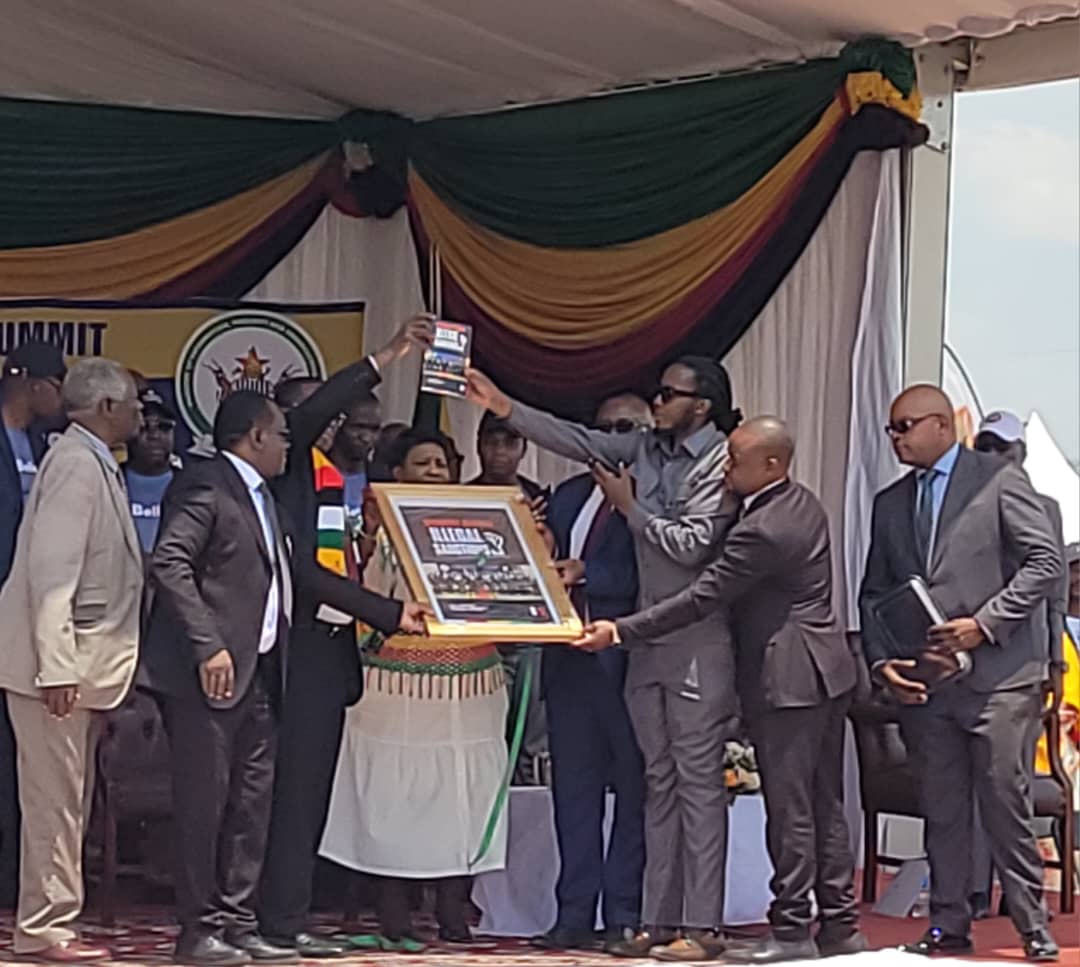Dogs becoming problematic in Harare
By Dickson Bandera
In early June 2025, tragedy struck a quiet neighborhood in Harare’s Bluffhill suburb. Samuel Machara, a 39-year-old passerby, was mauled to death by a cross-breed pitbull that had escaped its yard. The dog, reportedly a known danger to the community, was one of several owned by Mike Mupinga—a resident whose pets are reported to be terrorized neighbors, killing smaller animals, attacking workers, and chasing children down the street.
Despite complaints, warnings, and even interventions by the Zimbabwe National Society for the Prevention of Cruelty to Animals (ZNSPCA), nothing changed until it was too late.
Machara’s death was a sobering reminder of a larger, simmering crisis. Between January and November 2024 alone, Zimbabwe recorded nearly 26,000 dog bite incidents—an astonishing figure that points to a dangerous gap in pet ownership, enforcement, and public safety.
In the wake of the incident, Harare City Council has committed to tightening the city’s Dog Licensing and Control By-Laws. Among the proposed changes are stricter limits on the number of dogs allowed per property, mandatory licensing and microchipping, and harsher penalties for negligence.
These changes come not a moment too soon. As urban dog ownership rises—fueled in part by a growing culture of keeping pets for security or companionship—too many residents are acquiring strong, aggressive breeds like pitbulls without the knowledge, discipline, or environment to manage them safely.
The responsibility for change, however, cannot rest with authorities alone. This is a community issue, and every dog owner in Zimbabwe has a role to play. Keeping a dog is not just a privilege—it’s a serious responsibility that demands proper training, secure housing, and a genuine concern for both the animal’s wellbeing and the safety of others.
Dogs, especially high-risk breeds, must be properly socialized from a young age. Properties must be fenced appropriately, and escape routes sealed off. Walking a dog on a leash should be non-negotiable, and muzzling should be considered for breeds prone to aggression. Licensing and microchipping are more than bureaucratic requirements—they ensure traceability and accountability in the event of an attack.
Equally important is the duty to speak out. Neighbors who witness dangerous or neglected dogs should not hesitate to report to the ZNSPCA or local councils. A single call could prevent a fatality. And for those who realize they are no longer able to care for their dogs—whether due to cost, space, or lack of training—there are safe surrender options. Abandonment or neglect only increases the risk to the community.
Samuel Machara’s death should never have happened. It was preventable. And it should not take another tragedy to remind us of our duty to one another. Zimbabwe must now commit to building a culture of responsible dog ownership—one in which animals are treated with care, trained with patience, and housed with safety in mind.
Our vision should be one of peaceful coexistence—where dogs are loyal companions behind secure fences, not threats roaming freely through our neighborhoods. A Zimbabwe where dog bite statistics go down, not up. Where city streets are safe for children, workers, joggers, and anyone simply walking home.
Let this be a turning point. For Samuel, for Harare, and for every community shaken by fear. Let us choose to be better guardians—not just of our dogs, but of each other.


